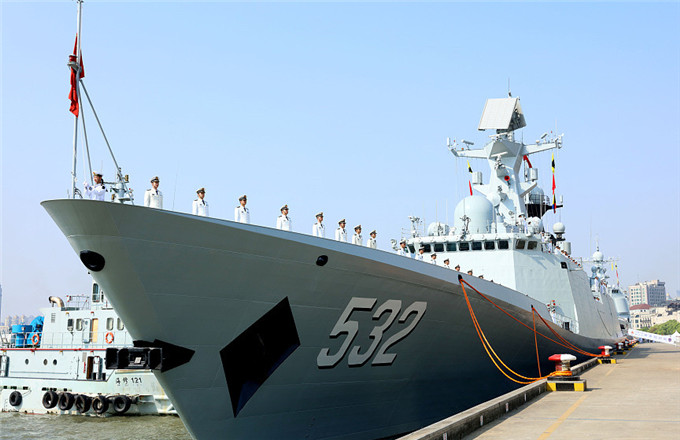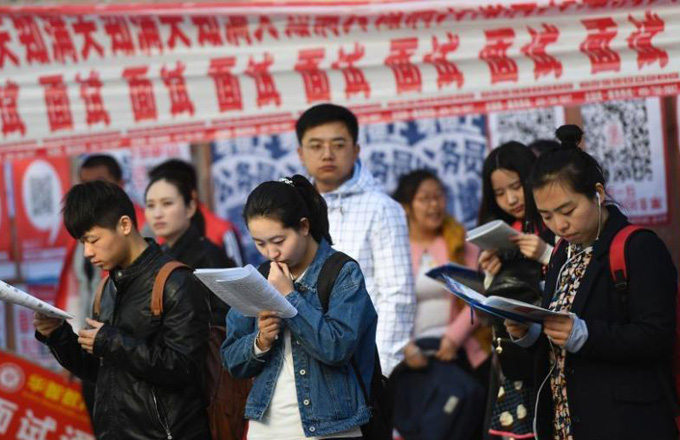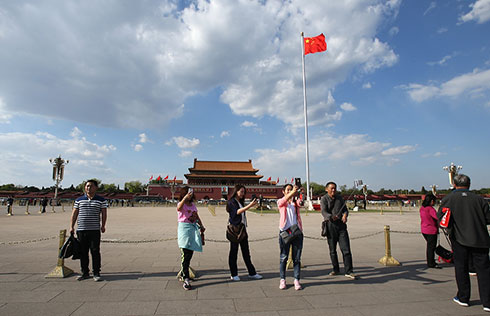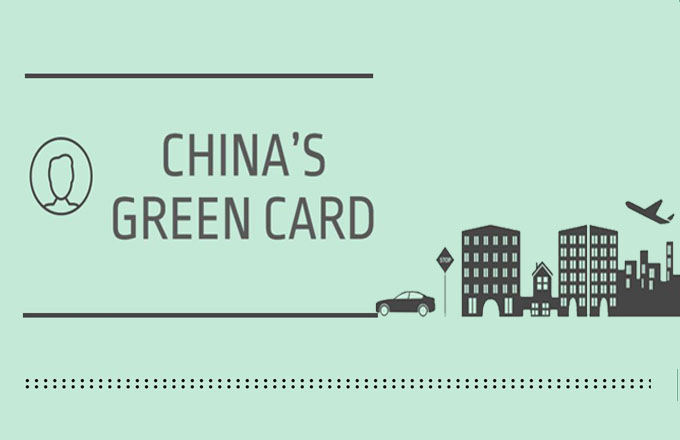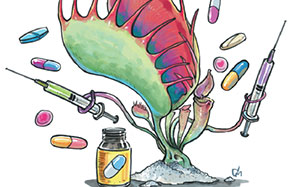Tackling a rising tide of disabled drug mules
Parole regulations
"For example, the parole regulation, amended in 2014, allows people with acute or infectious illnesses to apply for medical parole," he said.
"Usually, they don't have to serve their sentences in jail if they present a doctor's note to the prison authorities saying that they have to receive inpatient treatment at a hospital."
These offenders serve their sentences in their home communities, which are obliged to supervise them, and they are not allowed to leave their city of residence until the full sentence has been served.
These people rarely have the capacity for work and are not financially well-off, he said, which means they are easily tempted by the small amounts of money offered by drug dealers.
"They believe they have a higher chance of avoiding a police search in the first place. For instance, in some cases, drugs have been discovered stashed in prosthetic limbs to thwart body searches," Wei said.
The report revealed a rising trend of foreign drug gangs using such people to transport narcotics. Many of those detained were carrying drugs from Myanamar into the southwestern provinces of Sichuan and Guizhou.
Rising demand
Last year, rising demand in China resulted in a greater number of foreign nationals becoming involved in cross-border trafficking, according to Liu Yuejin, deputy head of the National Narcotics Control Commission.
Moreover, drug gangs became more active in the border areas of Yunnan province and the Guangxi Zhuang autonomous region because of close ties with countries in the Golden Triangle, an area that straddles Laos, Myanmar and Thailand, and the Golden Crescent (Afghanistan, Iran, and Pakistan), the main production areas for heroin and meth, he said.
According to statistics from the Ministry of Public Security's national drug testing laboratory, more than 95 percent of the heroin seized in China last year came from the Golden Triangle. Meanwhile, 87 percent of meth seized came from the same area.
The commission's data revealed that 1,876 foreign nationals were caught attempting to smuggle 6.6 metric tons of various narcotics into China last year.
In addition to those from neighboring countries, a large number of people from the African continent were also found to be carrying heroin from the Golden Crescent.
In July, when a South African woman was stopped at customs in Beijing, she was found to have stashed 1 kg of cocaine in body cavities and her underwear.
In February, she was sentenced to 15 years in prison, and will be deported when she is released.


